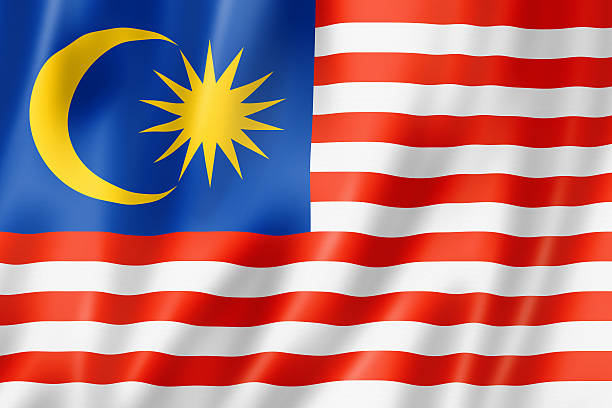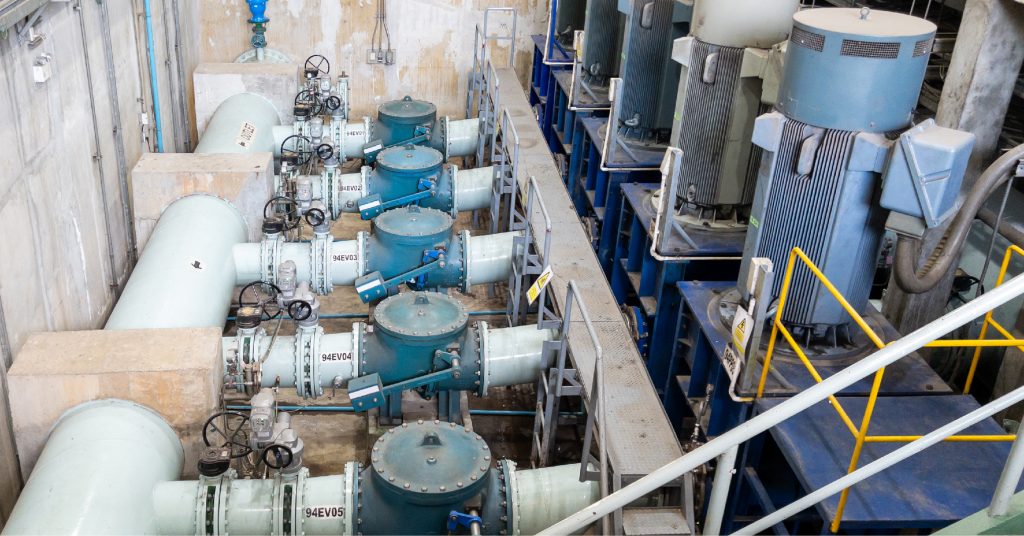Water is an essential resource in many industrial processes, playing a critical role in cooling, cleaning, and production. In industries like electronics, pharmaceuticals, power generation, and more, the quality of water used can significantly impact production efficiency and product quality. One type of water that has become increasingly important is deionized water, a highly purified form of water free from ions and other impurities.
In Malaysia, the demand for deionized water is rising as industries recognize the benefits of using ultra-pure water in their operations. This blog will explore what deionized water is, compare it with other types of purified water, and discuss its importance in Malaysia’s industrial landscape.
What is Deionized Water?
Before diving into industrial applications, it’s essential to understand what deionized water is and how it’s produced. Deionized water, also known as DI water, is water that has had almost all of its mineral ions removed, including cations like sodium, calcium, iron, and copper, and anions such as chloride and sulfate. The process of deionization typically involves passing water through a bed of ion-exchange resins.
In essence, deionized water is purified water, but with a different process than simple filtration or distillation. Unlike untreated water, which contains various dissolved salts and minerals, deionized water is devoid of these impurities, making it a superior choice for industries that require high-purity water for their operations.
Deionized Water vs. Distilled Water: Understanding the Difference
Distillation involves boiling water and then condensing the steam back into liquid, effectively removing most contaminants. In contrast, deionized water is produced through the ion exchange process, which specifically targets ions but may not remove all organic compounds or bacteria. In terms of purity, distilled water vs. deionized water depends on the application. Distilled water tends to be purer in removing non-ionized impurities, but deionized water is often favored in industries due to its efficiency in ion removal and cost-effectiveness.
Importance of Deionized Water in Malaysian Industries
In Malaysia, several key industries rely heavily on deionized water to meet their production needs. For example, the electronics industry requires ultra-pure water to prevent contamination of sensitive electronic components during manufacturing. Similarly, the pharmaceutical industry depends on deionized water for manufacturing drugs. In power generation, deionized water is used in boilers and cooling systems to prevent scaling and corrosion, which can lead to inefficiencies and costly maintenance.
Deionized Water Systems: Key Components and Their Role
A deionized water system is composed of several key components that work together to remove ions and produce high-purity water. The primary component is the ion exchange resin, which captures and replaces unwanted ions in the water with hydrogen and hydroxide ions.
Other essential components of a deionized water system include filters to remove larger particles before the water passes through the resin, storage tanks to hold the purified water, and monitoring devices to ensure the water meets the required purity levels.
These systems can be customized based on the specific needs of an industry, whether for small-scale operations or large manufacturing plants. With advancements in technology deionized water systems are becoming more efficient and cost-effective, providing industries in Malaysia with reliable and sustainable solutions for their water purification needs.
Shaping the Future of Deionized Water in Malaysia with Ion Exchange
As Malaysia’s industrial sector continues to grow, the demand for high-purity water solutions like deionized water will only increase. Companies like Ion Exchange are at the forefront of providing cutting-edge deionized water systems that cater to the specific needs of industries ranging from electronics to pharmaceuticals.
-
INDION EDI
The INDION Electrodeionisation (EDI) System from Ion Exchange delivers consistent, high-purity water without the need for chemical regeneration, making it both cost-effective and hassle-free. This robust and reliable system integrates the proven technologies of electrodialysis and ion exchange resin deionization, offering a continuous process for producing ultrapure water using ion exchange membranes, resins, and electricity. With features like minimal maintenance and reduced operational costs, the INDION EDI System ensures a steady supply of ultrapure water, making it an ideal solution for various industrial applications.
-
INDION HEMO
INDION HEMO, a state-of-the-art solution from Ion Exchange, is designed to deliver ultrapure water essential for safe and effective artificial kidney dialysis. Adhering to the stringent standards set by AAMI, Indion HEMO undergoes a meticulous multi-stage treatment process, ensuring water is free from harmful mineral contaminants and bacterial endotoxins. This high-purity water mitigates the risk of adverse reactions such as nausea, vomiting, and muscle weakness in patients undergoing dialysis.
Additionally, our comprehensive wastewater management solutions not only guarantee water purity for dialysis but also promote sustainability and cost-efficiency through secondary water usage. Indion HEMO’s offerings include customizable single-pass and double-pass sanitary RO designs, hot water sanitizable RO membranes, and advanced technologies like ultraviolet disinfection, electro-deionization, and ultrafiltration, all aimed at ensuring the highest quality and safety in dialysis water systems.
Conclusion
In conclusion, the use of deionized water is essential for ensuring the efficiency, quality, and sustainability of various industrial processes in Malaysia. Whether comparing deionized water vs. distilled water or considering the benefits of a deionized water system, it’s clear that deionization offers significant advantages for industries requiring high-purity water. For long-term success, adopting deionized water solutions is not just a necessity but a strategic move that can enhance production efficiency and protect equipment.
To learn more about how deionized water can benefit your industry, reach out to the experts at Ion Exchange for tailored solutions that meet your needs.


